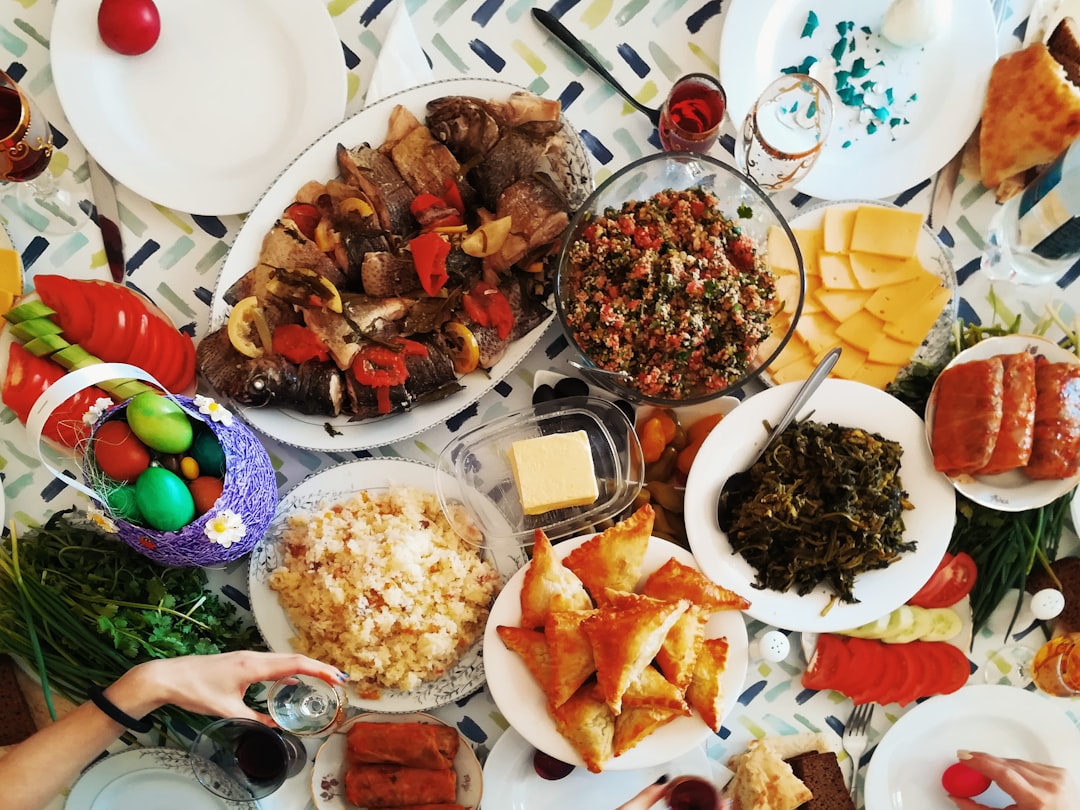What is it about?
In today’s globalized world, migration and mobility across country and language borders is becoming the rule instead of the exception. Heritage speakers are a natural “result” of these circumstances. They are speakers who grow up with one language in the family and one language in the broader society. Research on heritage speakers usually centers around two main questions: How proficient are heritage speakers in the main language of the country? How well is their heritage language preserved? This research looks at the sentence structure in narratives produced in different contexts by heritage speakers of German in the USA and compares them to narratives by monolingual speakers of German and English.
Featured Image

Photo by Ryan Wallace on Unsplash
Why is it important?
The results of this study indicate that the bilingualism of heritage speakers does not negatively affect their language performance in either of their languages. We show that the core sentence structure stays intact in the heritage language and has been fully mastered in the main language of the country. In English, we did not observe any differences between heritage and monolingual speakers. We concluded that heritage speakers can acquire the main language of the country similarly to monolinguals, hence showing no bilingual disadvantage. In German, we found partial differences between heritage and monolingual speakers with respect to the suitability of productions within a certain context and for certain tasks but not with respect to grammatical correctness. We showed that heritage speakers can develop core sentence structure even though they usually do not have extensive contact with the heritage language.
Read the Original
This page is a summary of: Syntactic Optionality in Heritage Language Use: Clause Type Preferences of German Heritage Speakers in a Majority English Context, Heritage Language Journal, July 2022, Brill,
DOI: 10.1163/15507076-12340022.
You can read the full text:
Contributors
The following have contributed to this page










